There are many construction billing methods to choose from. Each method has its merit and can be used in different situations, however, which one is right for you? The right type of method will be dependent on a couple of different factors such as:
- Type of job
- Length of job
- Cost
- Funding
- Companies involved
You don’t have to stick with one kind of billing method if it is not working for you. In fact, we encourage using the best method for the job and customer. Pair this with the right accounting software and you can improve your business. Using the right billing tactic for your company can result in some major benefits such as:
- Better financial management
- Improved financial accuracy
- Improved cash flow
- Clear expectations with a client
- Better customer service
- Efficient project monitoring
- Flexibility
- Better contractual agreements]
- Streamline administrative tasks
Here are the 6 best construction billing methods that you can use in your business.
Progress Billing
One of the most common methods of construction billing is to use milestones (or progress) to bill a project. Essentially, you bill the client based on hitting certain goals during a construction project. This billing will happen in regular intervals or cycles as long as progress is made. The contractor sends an invoice to the client when every phase is finished asking for payment for the services done up to that point. The invoice includes a thorough cost breakdown, the percentage of completion, and any appropriate retainage.
Pros:
- Cash flow management: Progress billing allows contractors to receive partial payments throughout the project, helping with cash flow and funding ongoing expenses.
- Transparency: The invoicing process provides clients with a clear understanding of the project’s progress and costs incurred.
Cons:
- Increased administrative effort: Progress billing necessitates precise cost and completion % tracking, which can take a lot of time and calls for rigorous record keeping.
- Potential payment delays: Clients may refuse to pay if they disagree with the cost estimates or the proportion of the job completed, which could cause payments to be received later than expected.
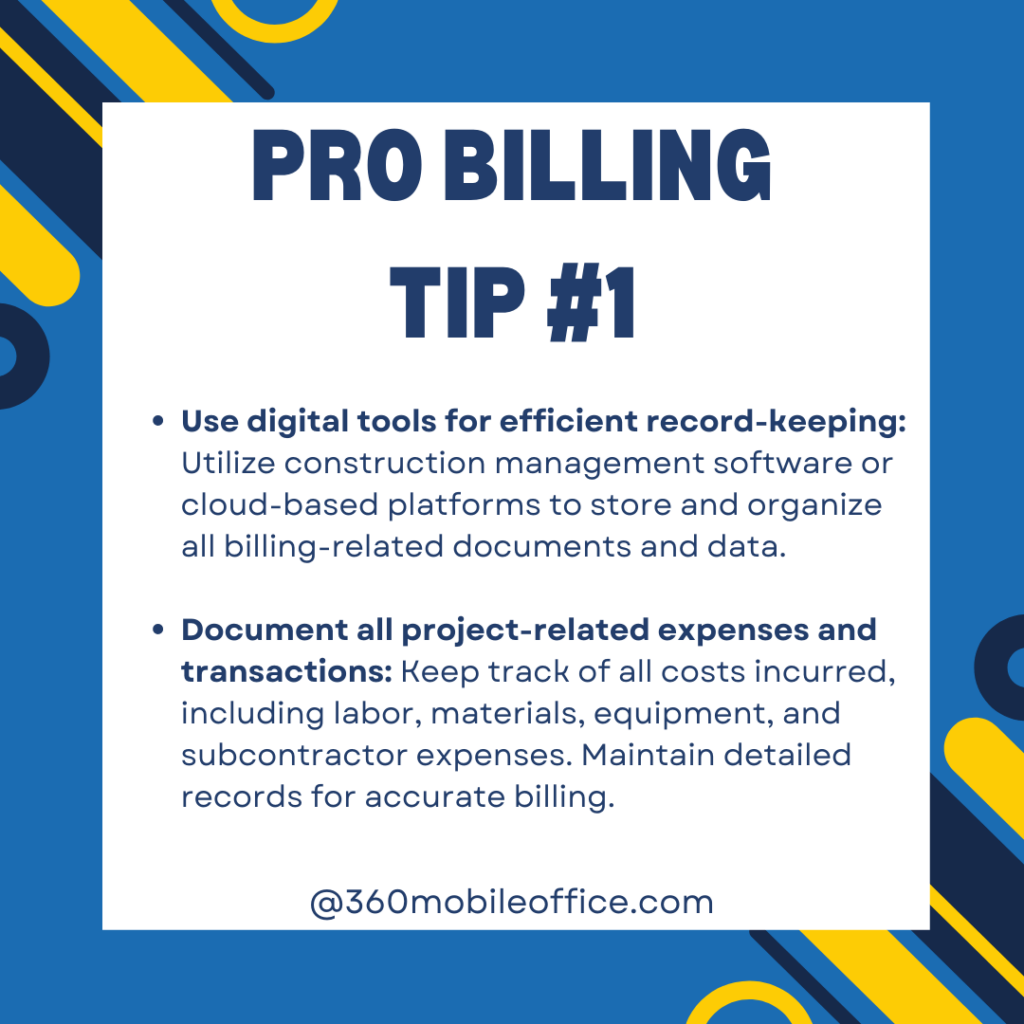
Advanced Billing
This type of construction billing takes place before the project starts. It requires a tremendous amount of trust from the client and an incredible record from the construction company. Most of the time, clients will pay in lump sums although some may make payments before a project starts. While not as common as some on this list, advanced billing does have a whole host of benefits:
Pros:
- Funds are ready: Contractors can budget and plan with a secure budget. This can help them save money and cut costs.
- Move quickly: Because payment has been made, funding for a project will not hold them back.
Cons:
- Project runs over budget: Construction projects often run over time and over budget, meaning it could cost you money to complete the job.
- Stakeholders could be screwed: Stakeholders are at the mercy construction company which could lead them to put more than normal pressure on the construction company.
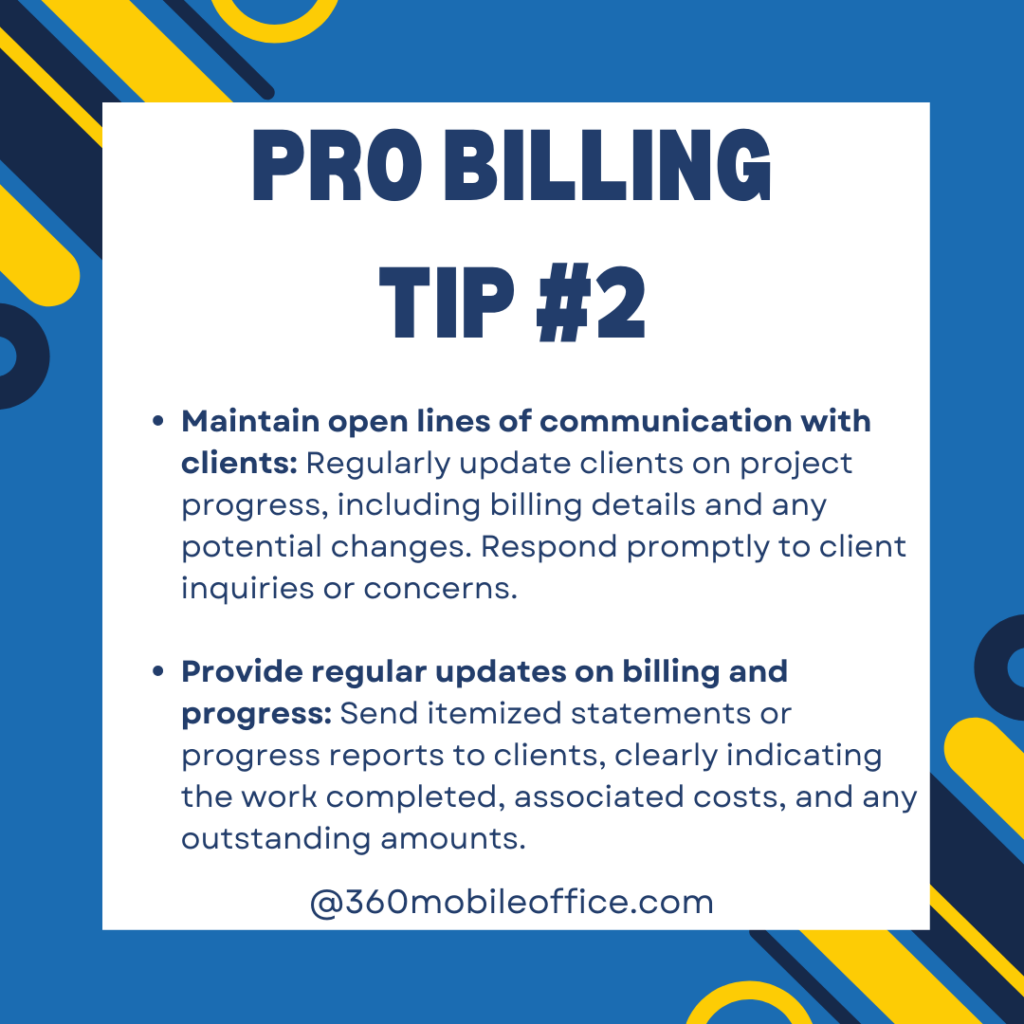
How to Bid on Construction Projects in 6 Steps
Learn MoreCost-Plus Billing
Cost-plus billing, sometimes referred to as cost-reimbursable billing, includes charging clients for the actual expenses incurred throughout the project as well as a predetermined charge or profit margin. This means that companies will need to track details like:
- Labor
- Materials
- Tools
- Subcontractor expenses
- Overhead
- And more
Some clients like this method more, because they are seeing exactly where their money is going. Is it right for you though? Here are some things to consider:
Pros:
- Transparency: Clients can see the actual costs incurred, encouraging transparency and trust in the billing process. Construction companies can provide more insights into labor and materials.
- Flexibility: Cost-plus billing allows for adjustments to the project scope or unforeseen expenses without compromising profitability
Cons:
- Uncertain final cost: Costs may fluctuate if a project goes over budget or over time. This can be bad for the client and construction company.
Potential disputes: Disputes or negotiations may result from disagreements about whether the incurred costs or markup are reasonable.
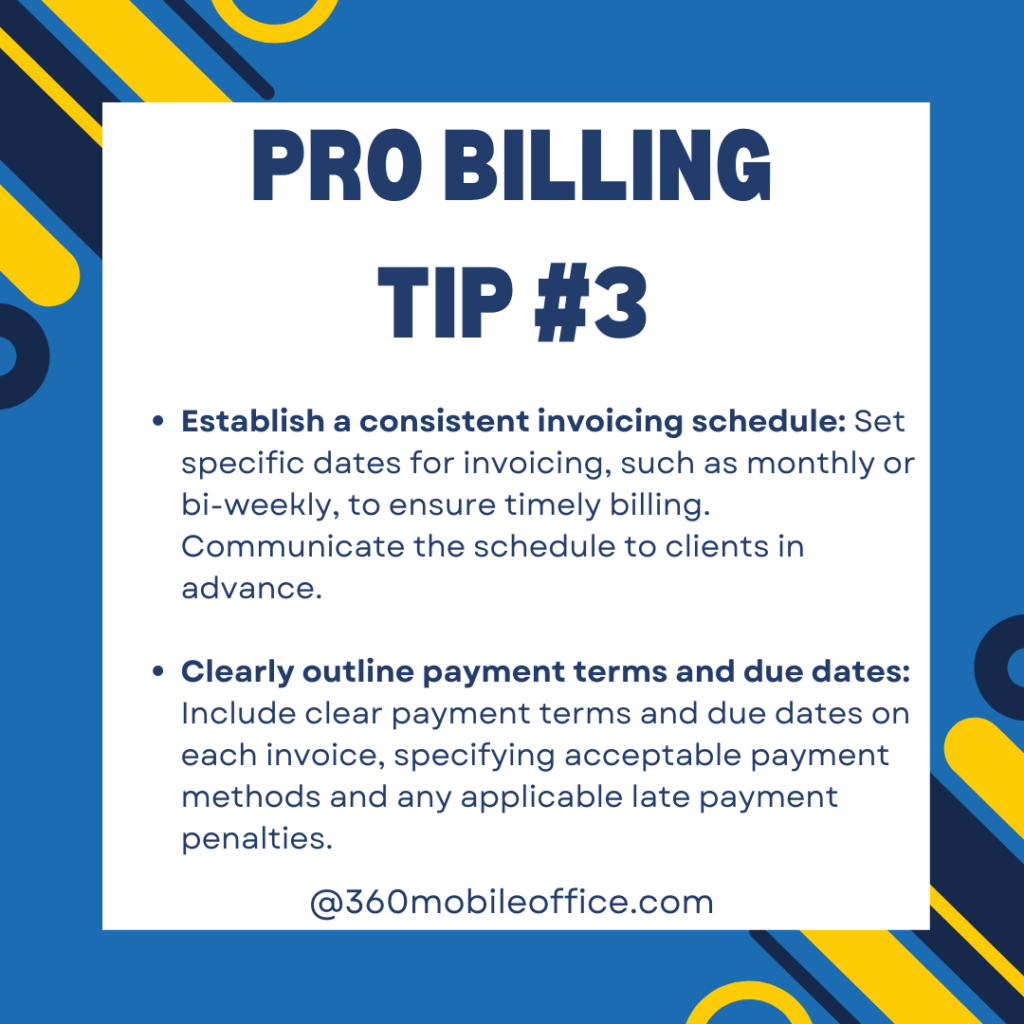
Fixed Price Billing
In a fixed-price contract, the total cost of the entire construction project is predetermined. Upon completion or at particular project milestones, the contractor provides a single invoice for the agreed-upon sum. This approach is frequently utilized for smaller projects or when the work’s scope is clearly specified. Most of the time payments are made in lump sums or over the course of 1-2 payments.
Pros:
- Predictable costs: Clients get a clear grasp of the complete cost of the project from the start, which benefits budgeting and financial planning.
- Reduced administrative effort: Because there is no need for frequent cost tracking or calculations, fixed-price billing simplifies the invoicing process.
Cons:
- Limited flexibility: Changes to the project scope or unforeseen expenses may necessitate negotiation and possibly contract or pricing revisions.
Risk of underestimation: There is a risk of underestimating costs and potential profit loss if the project's scope or needs are not clearly established upfront.
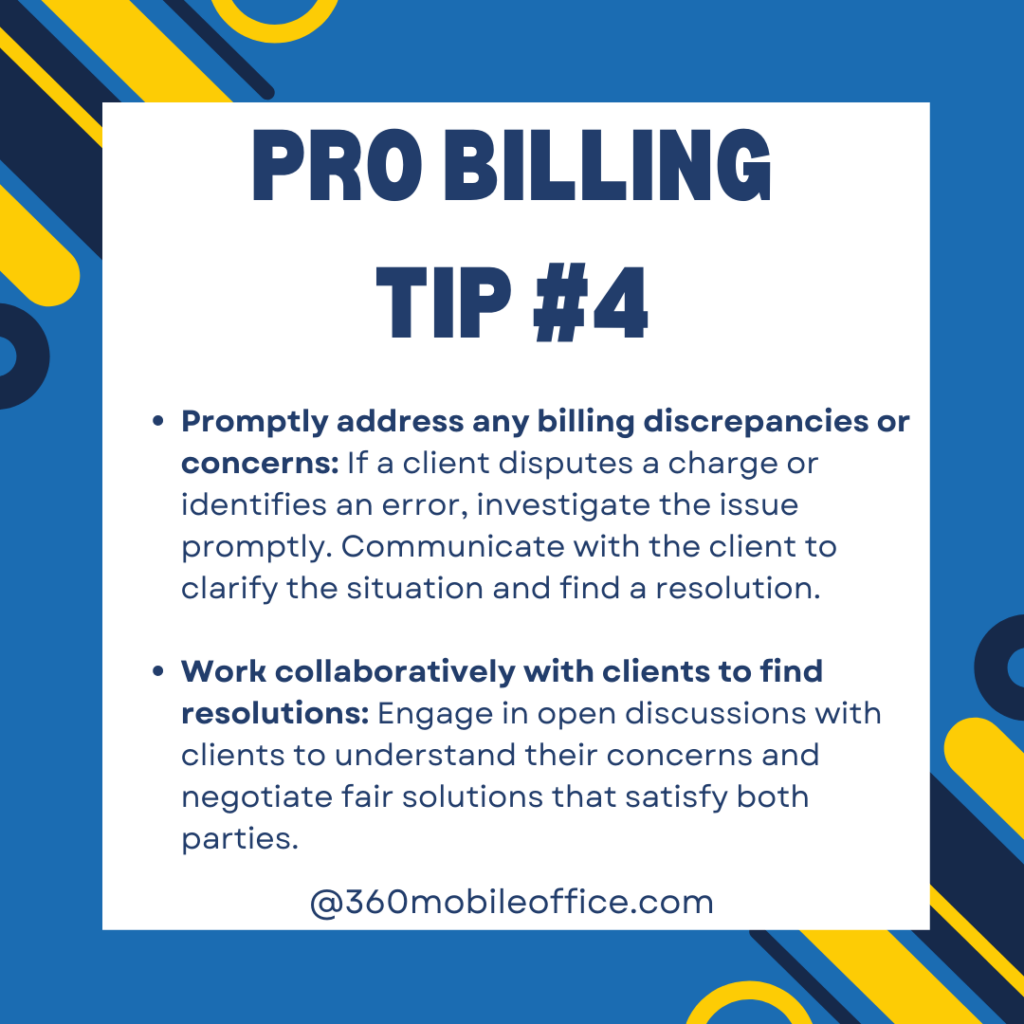
Time and Material Billing
Time and materials (T&M) billing is a billing method where clients are charged for the actual time spent and materials used in the construction project. This is a lot like cost plus billing, however, pricing is based on a daily or hourly rate of labor along with materials. Most companies use this method for projects with no set end date or undefined path. It is one of the most helpful construction billing methods.
Pros:
- Keep going: Even if the project has no set end goal or clear stopping point, your company can still get paid for that time.
- Flexibility for changes: Allows the project to change without your company having to bear all the costs. Instead, the client will.
Cons:
- Uncertain total project cost: Clients may experience uncertainty until the project is completed because the ultimate project cost is dependent on the actual time and materials used.
- Potential disputes: Clients may question the justification of work hours or material costs, perhaps leading to disagreements or difficulties in reaching an agreement on final numbers.
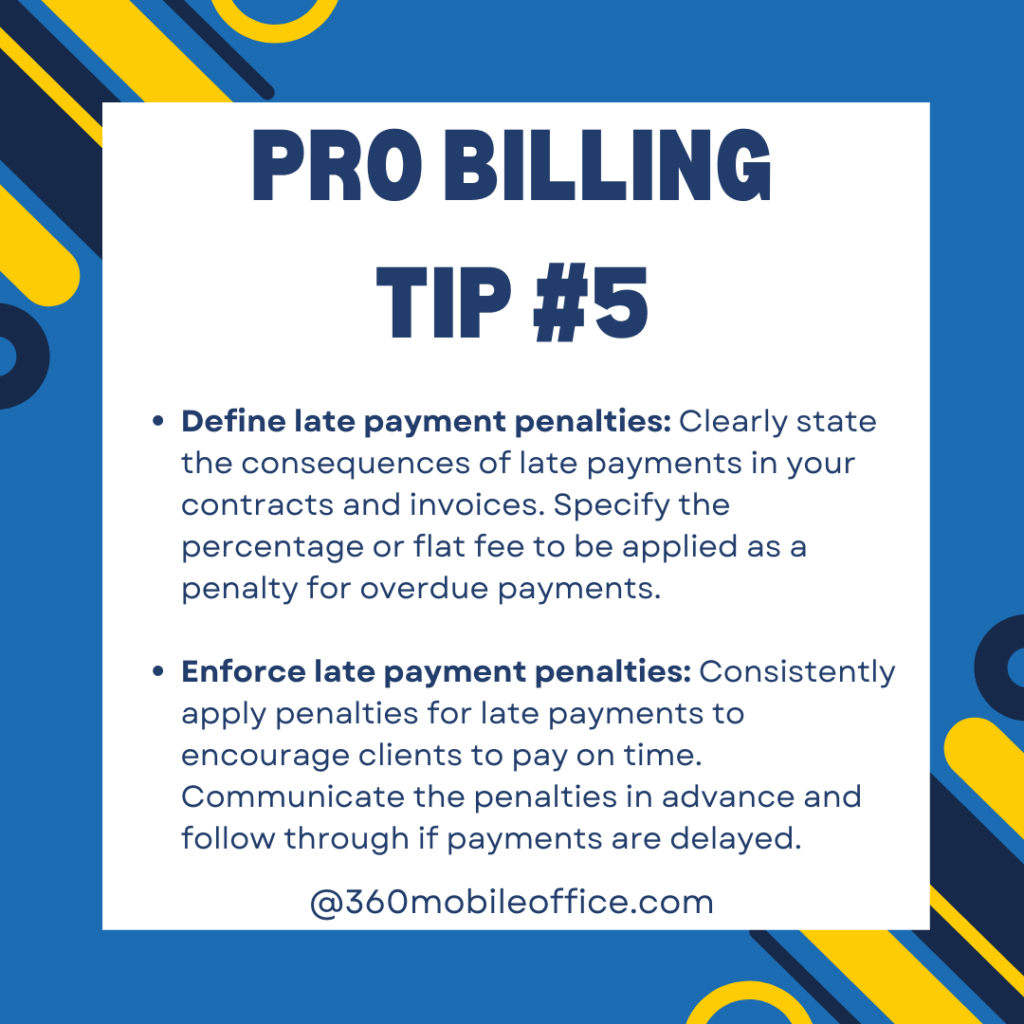
Arrears Billing
Arrears billing is waiting until the end of a project to bill for services. This means that all pricing is calculated at the end of the project. This is comparable to the fixed-cost billing method however it happens at the end of the project. This does provide both some benefits and challenges to the process.
Pros:
- Delayed payment: Clients can delay payments until the end of the project. This can give them more time to secure funding and have a more accurate goal for the project.
- Negotiation power: Arrears billing can allow for more negotiation power from construction companies.
Cons:
- You upfront the cost: A construction company with have to take the risk of bearing the cost. That could spell disaster if something goes wrong with the company and there is not enough cash on hand.
- Financial stress: Because a company is waiting to be paid, it can put stress on the company. While arrears billing is common, it still incentivizes companies to finish jobs as fast as possible.
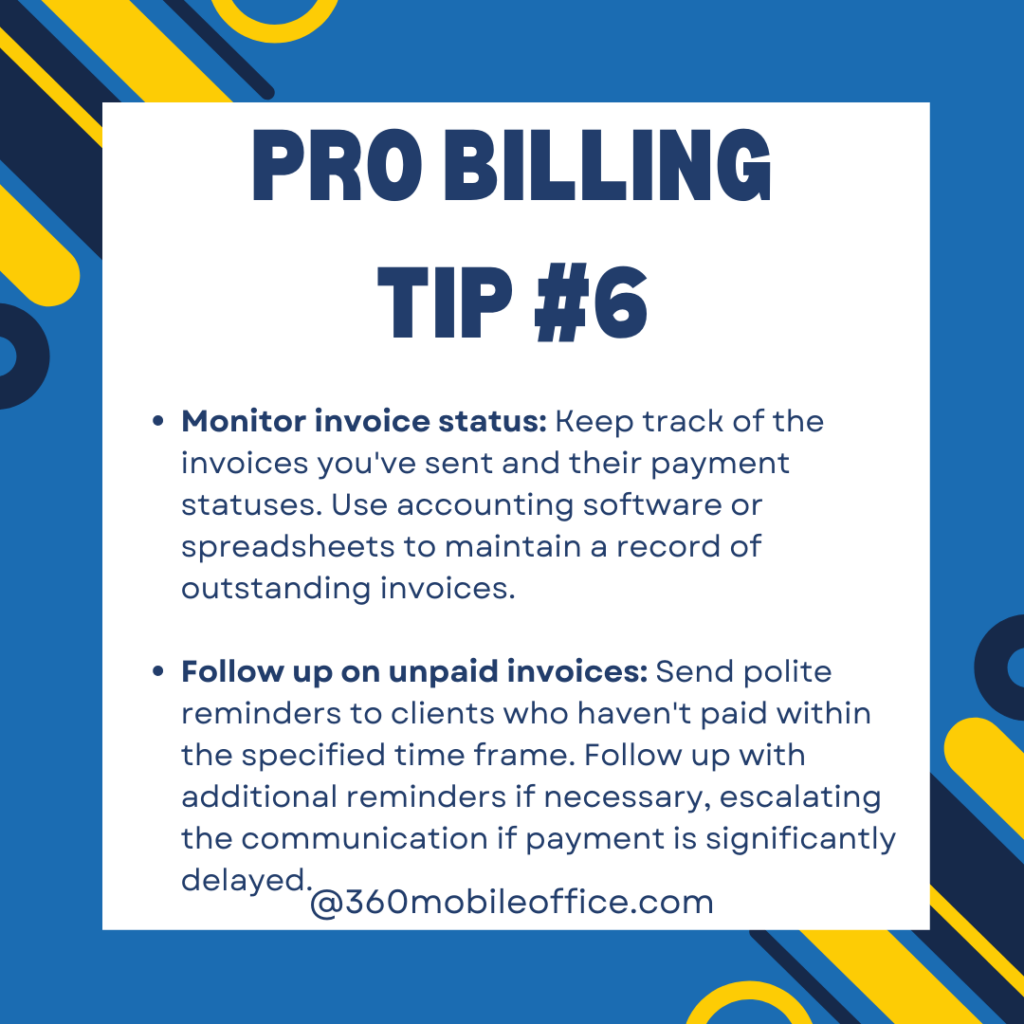
FAQ Construction Billing Methods
The best construction billing method depends on several factors such as the project scope, client preferences, and contractual agreements. Assess your project's specific needs and consult with professionals, such as a construction accountant or project manager, to determine the most suitable billing method.
The frequency of invoicing can vary depending on the project and contract terms. It's common to invoice monthly or bi-weekly, but the schedule should be clearly communicated and agreed upon with the client. Consistency in invoicing helps maintain cash flow and keeps clients informed about project costs.
If a client raises a dispute regarding a charge, it's important to address it promptly and professionally. Review the invoice and supporting documentation to identify any errors or misunderstandings. Engage in open communication with the client to clarify the issue and find a resolution that satisfies both parties.
Including late payment penalties in your invoices can serve as a deterrent to late payments and encourage timely settlements. Clearly define the late payment penalties in your contract and invoices, including the amount or percentage to be applied and the grace period before penalties take effect.
Utilize accounting software or construction management platforms that offer invoicing features to track and manage your invoices efficiently. These tools can help you monitor invoice status, send reminders, and maintain a record of outstanding payments. Regularly review your invoicing system to ensure accuracy and streamline the process.
If a client consistently pays late, it's important to address the issue. Consider having a conversation with the client to understand the reasons behind the delays and find mutually agreeable solutions. You may need to enforce late payment penalties or adjust the payment terms moving forward to incentivize timely payments.
Do you need other construction products?
At 360MobileOffice, we help companies find high-quality suppliers for construction companies such as construction mobile office trailers. If you are in the market for those suppliers. Don't worry, we have your back. Just fill out our 1–2-minute form and we'll contact you to verify your information. From there, you can sit back and relax as up to 5 suppliers will reach out with 100% free quotes. It's that easy! Also, check out our article on construction CRM.
Get Started Today!
